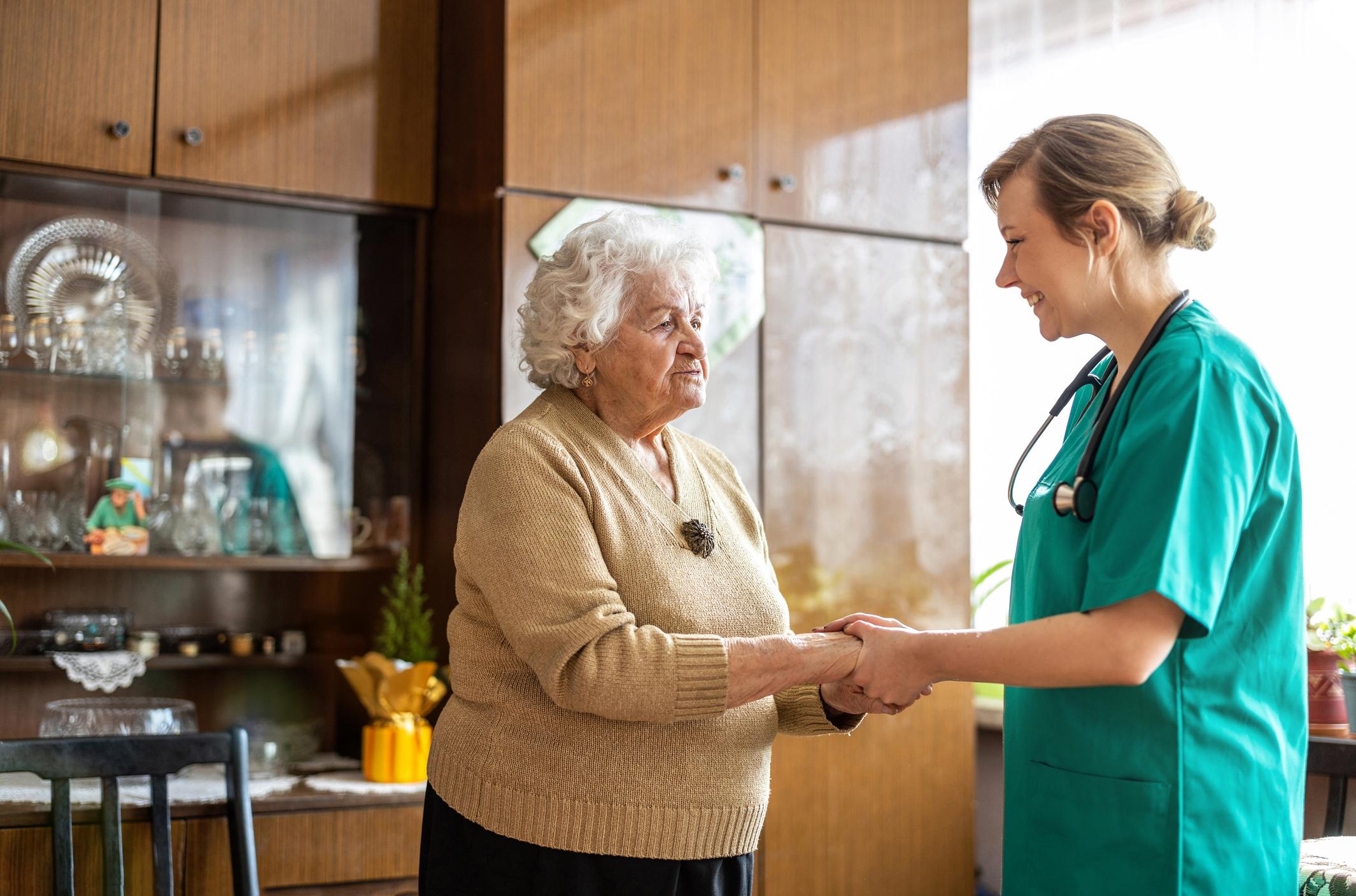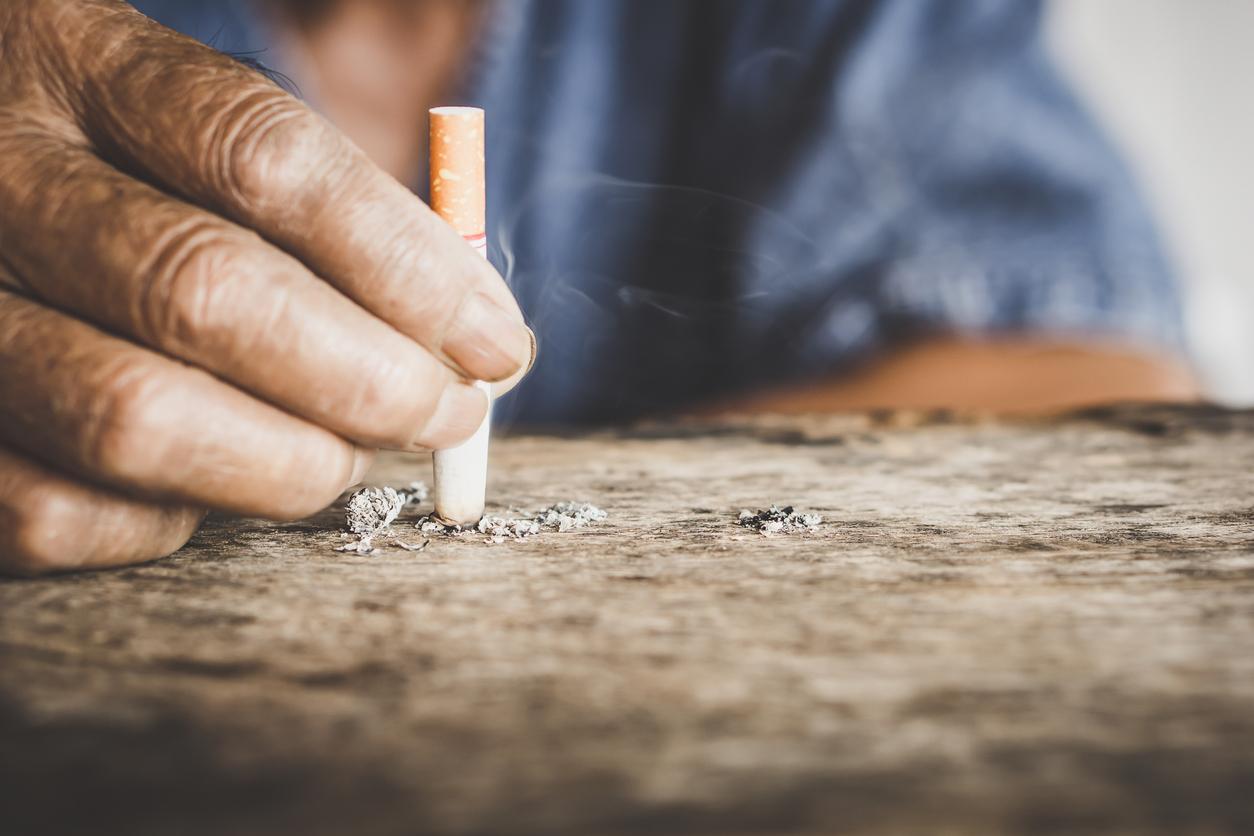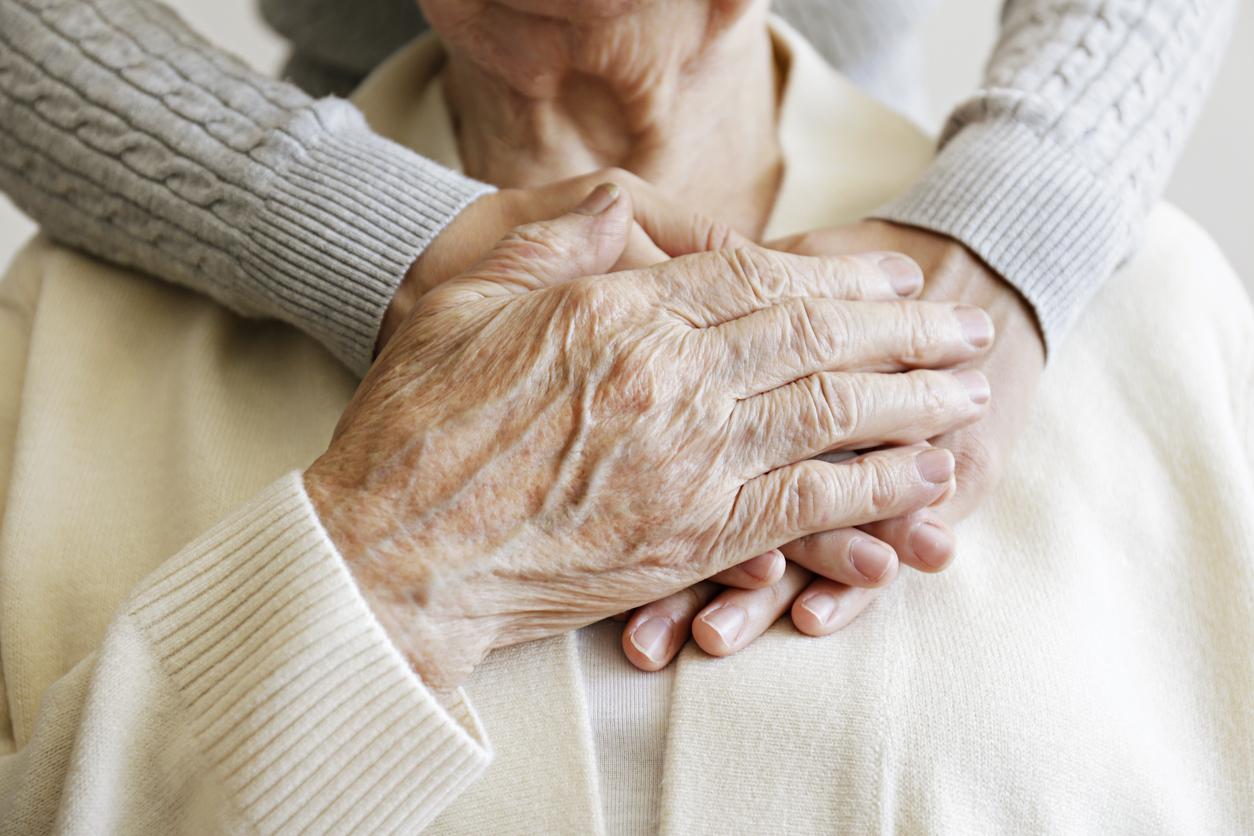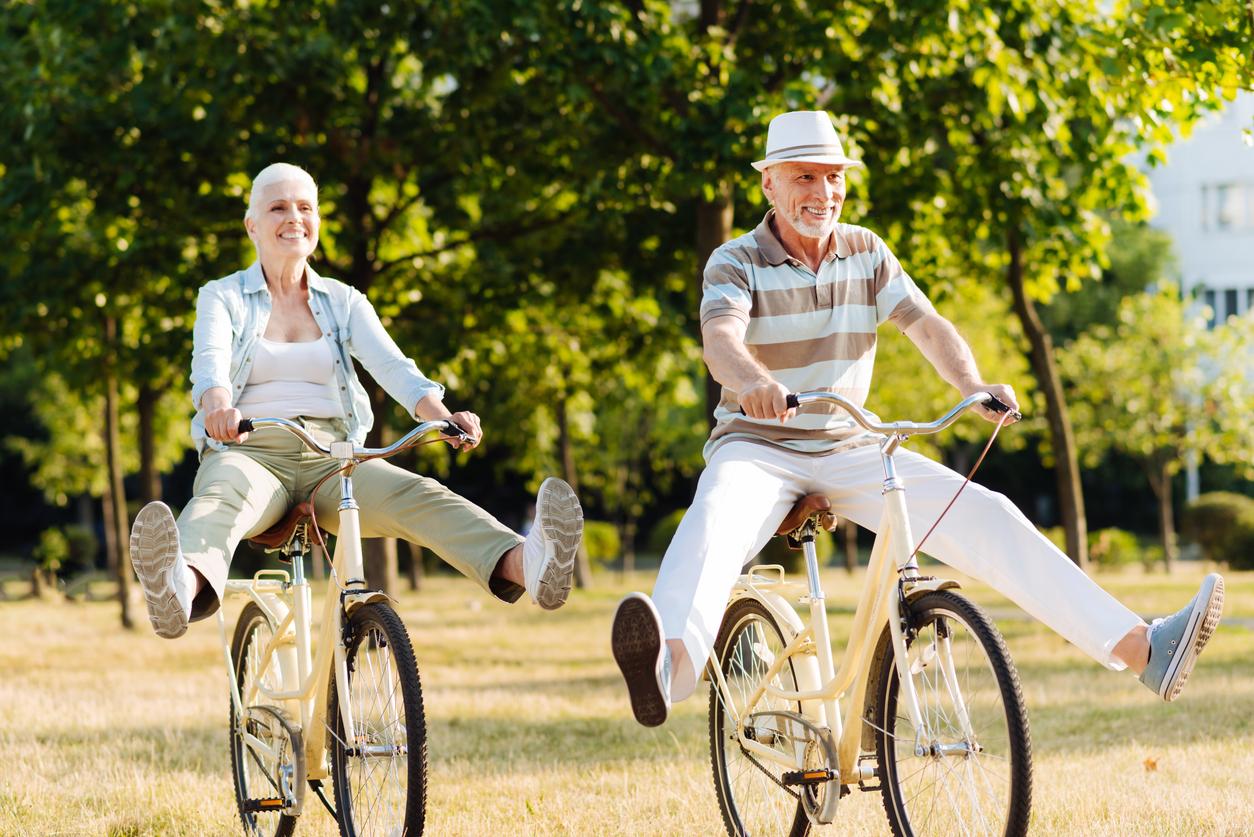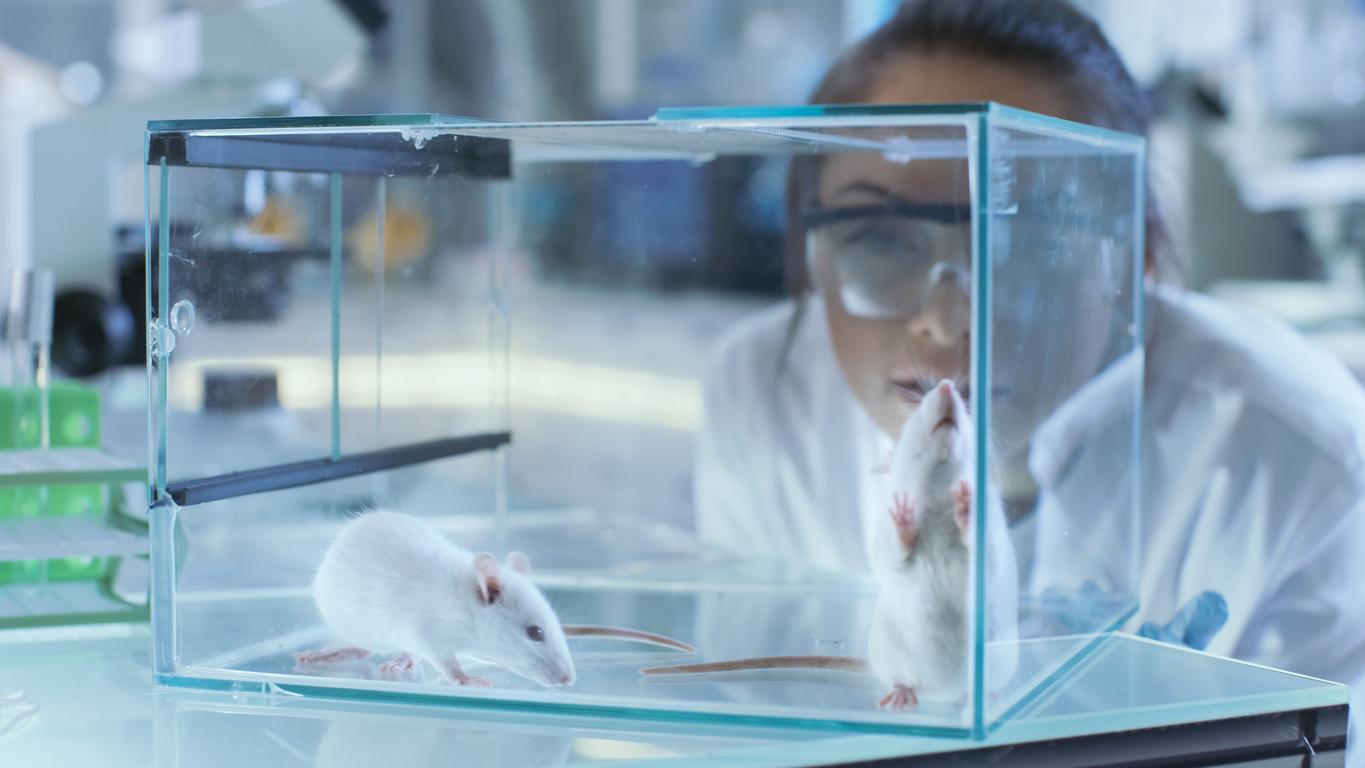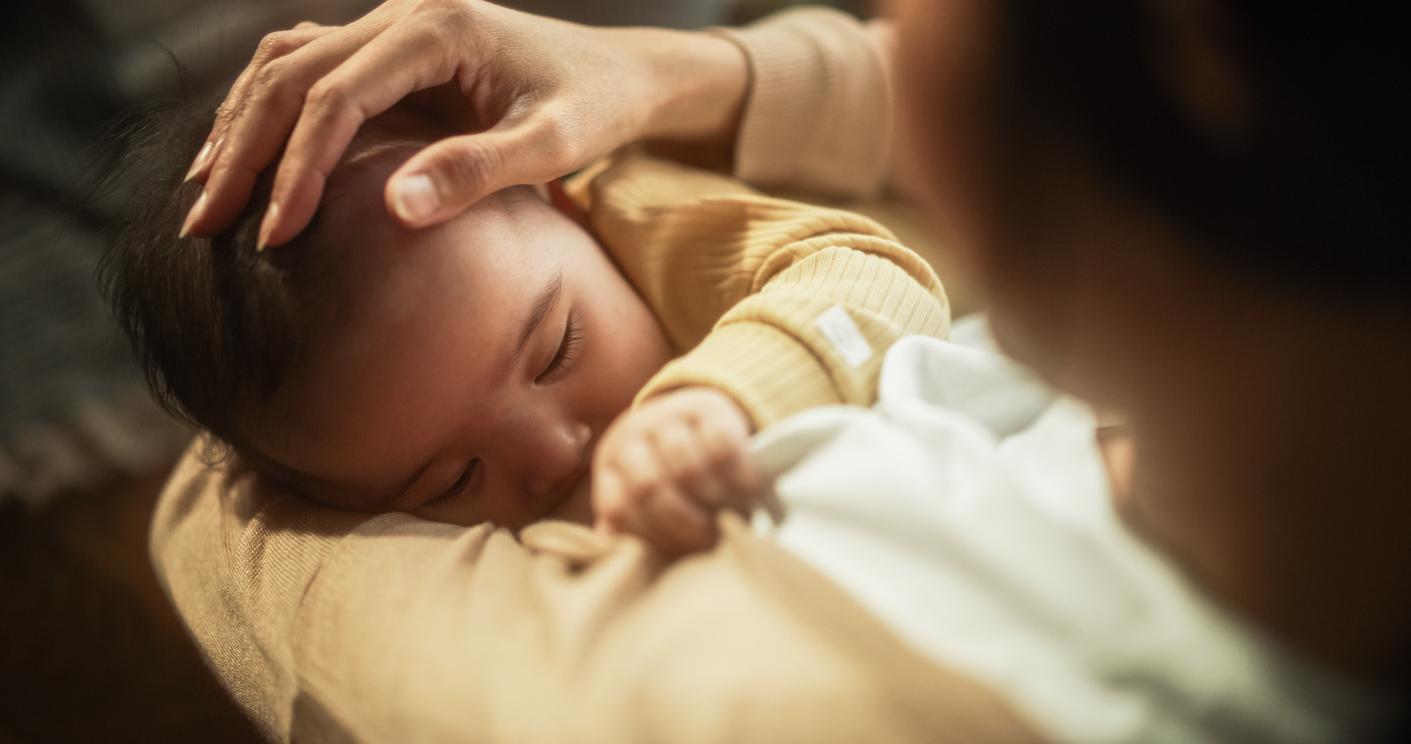A new study indicates that we have not yet reached our limits in terms of human longevity, the absolute record of which was set 21 years ago, when Frenchwoman Jeanne Calment died at the age of 122.

Since the 1900s, the average life expectancy in the world has more than doubled, thanks in part to improvements in health systems, hygiene and food supply. A new study indicates that we have not yet reached our limits in terms of human longevity. “If there is a limit to biological aging, we are not there yet,” said Elisabetta Barbi, demographer at the University of Rome, following the publication of her work in the journal. Science.
The current record for the longest human lifespan was set 21 years ago, when Frenchwoman Jeanne Calment died at the age of 122. Based on this premise, Elisabetta Barbi and her colleagues studied a number of medical files to find all Italian citizens who had reached the age of 105 between 2009 and 2015. The team thus established a database of 3,836 Italians extremely old.
From the age of 105, the death rate stops increasing
Remember that the mortality rate is quite high at the beginning of infancy. Thereafter, it decreases during the first years of life, climbs again in the thirties, and finally reaches its maximum between the ages of 70 and 80. But while one would have thought that the death rate continues to rise in people who get older and older, this is not what Elisabetta Barbi and her colleagues have found. From the age of 105, the death rate stops increasing, only to decrease again. In other words, people who turn 105 are more likely to continue living than those who are 70 or 80.
To explain this surprising phenomenon, researchers suggest that very old people live at a much slower cellular rhythm, such as when animals hibernate. They would therefore accumulate less cellular damage. A Dutch study published in 2017 claimed that the “glass ceiling” of human lifespan was 115.7 years for women and 114.1 years for men.
Women and men have gained 14 years of life expectancy on average
In mainland France, life expectancy at birth reaches 79.5 years for men and 85.4 years for women. Over the past 60 years, both men and women have gained 14 years of life expectancy on average. However, since the mid-1990s, women’s earnings have been slower than men’s and the gender gap has narrowed: from eight years and three months in 1992, it dropped to six years in 2017.
Globally, life expectancy is 71.4 years, but there are strong differences between countries: the Japanese have an expectancy of 83.7 years, while children born in Sierra Leone will live 50, 1 years on average.
.









